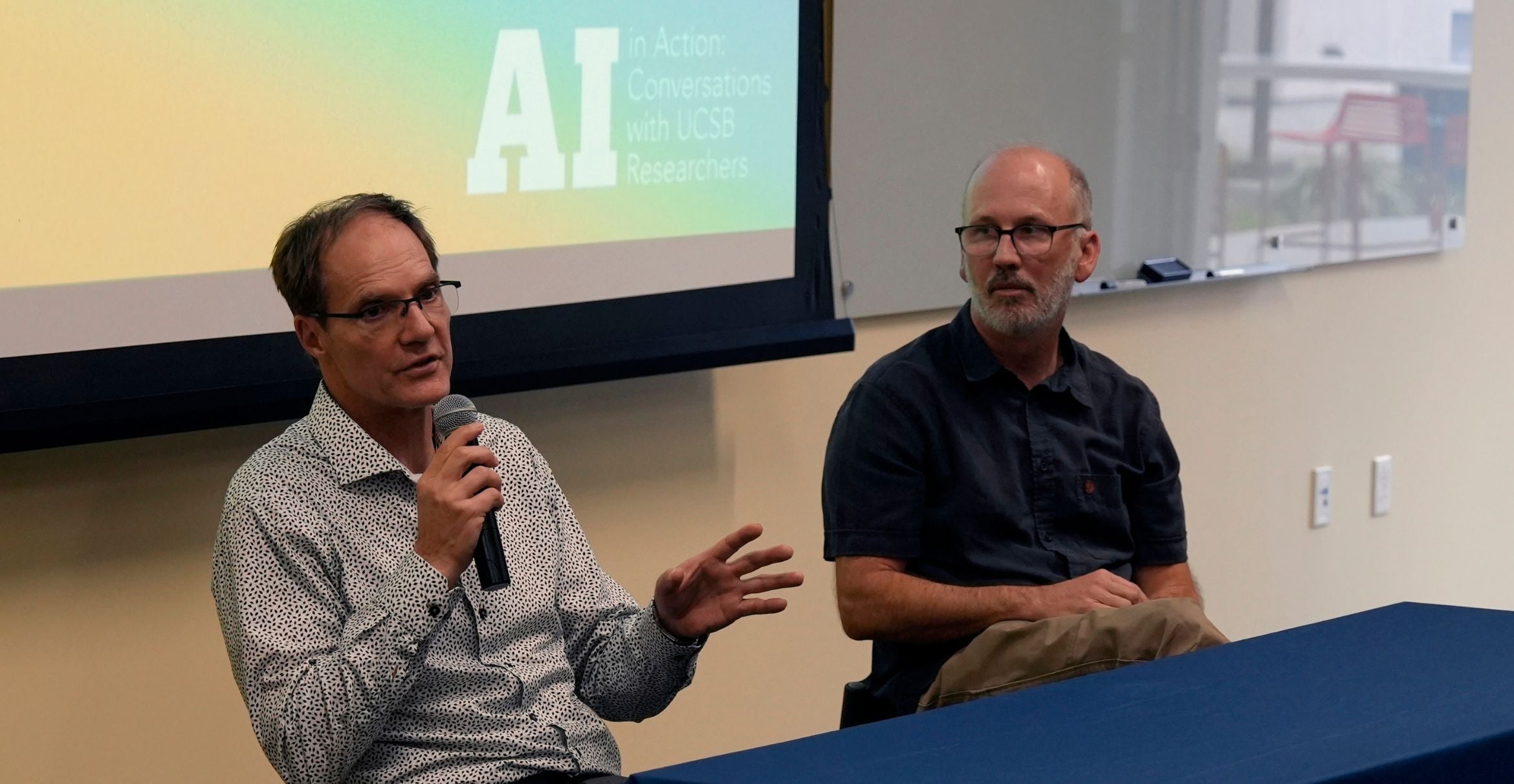Materials research at UC Santa Barbara ranks second in the world in terms of citation impact –– a method for comparing the quality of research–– according to a new report by Thomson Reuters.
The citing of a scholar's research (as represented by a published scientific paper) in another researcher's published work is viewed as a strong indication of the importance of the original work and the influence it might have. University officials, research administrators, and funding agencies often look to such statistics as one way to measure the impact of a particular research program, especially in the fields of science and engineering.
"This very high ranking by Thomson Reuters is an exciting affirmation of the tremendous impact of materials science and engineering research taking place at UC Santa Barbara," said Chancellor Henry T. Yang. "We are very proud of the pioneering contributions and achievements of our faculty and researchers in our first-ranked Materials Department and our various world-leading centers, institutes, and laboratories in materials research."
In materials research citation impact, the University of Washington is the only program ranked above UCSB, according to the report. Others on the list included UC Berkeley, the University of Groningen in The Netherlands, Harvard University, and MIT. In number of citations, UCSB ranks 16th worldwide.
"To be ranked above traditional powerhouses like MIT and Stanford is a real vindication of the unique, highly collaborative approach to materials research that UCSB has pioneered," commented Professor Craig J. Hawker, director of the Materials Research Laboratory. "This is also an excellent indicator of the impact that UCSB is having in economically important areas such as materials for energy production/storage, next generation microelectronics, and medically relevant biomaterials."
Materials research encompasses many areas of science and engineering, including chemistry, physics, nanotechnology, and other fields. Biomaterials, semiconductors, metals, and plastics, and many other materials are included in this area of research. According to the report: "Materials science has become a core area of research for many economies due to its potential contributions to manufacturing processes and innovative products."
Thomson Reuters noted that the report relies on data from its Web of Knowledge platform, the world's largest publication and citation environment of the highest quality scholarly literature. "The platform provides access to the world's largest citation databases, including Web of Science, which covers over 100 years of research in more than 12,000 of the highest impact journals, and over 110,000 conference proceedings from around the world," said the report.
Related Links



